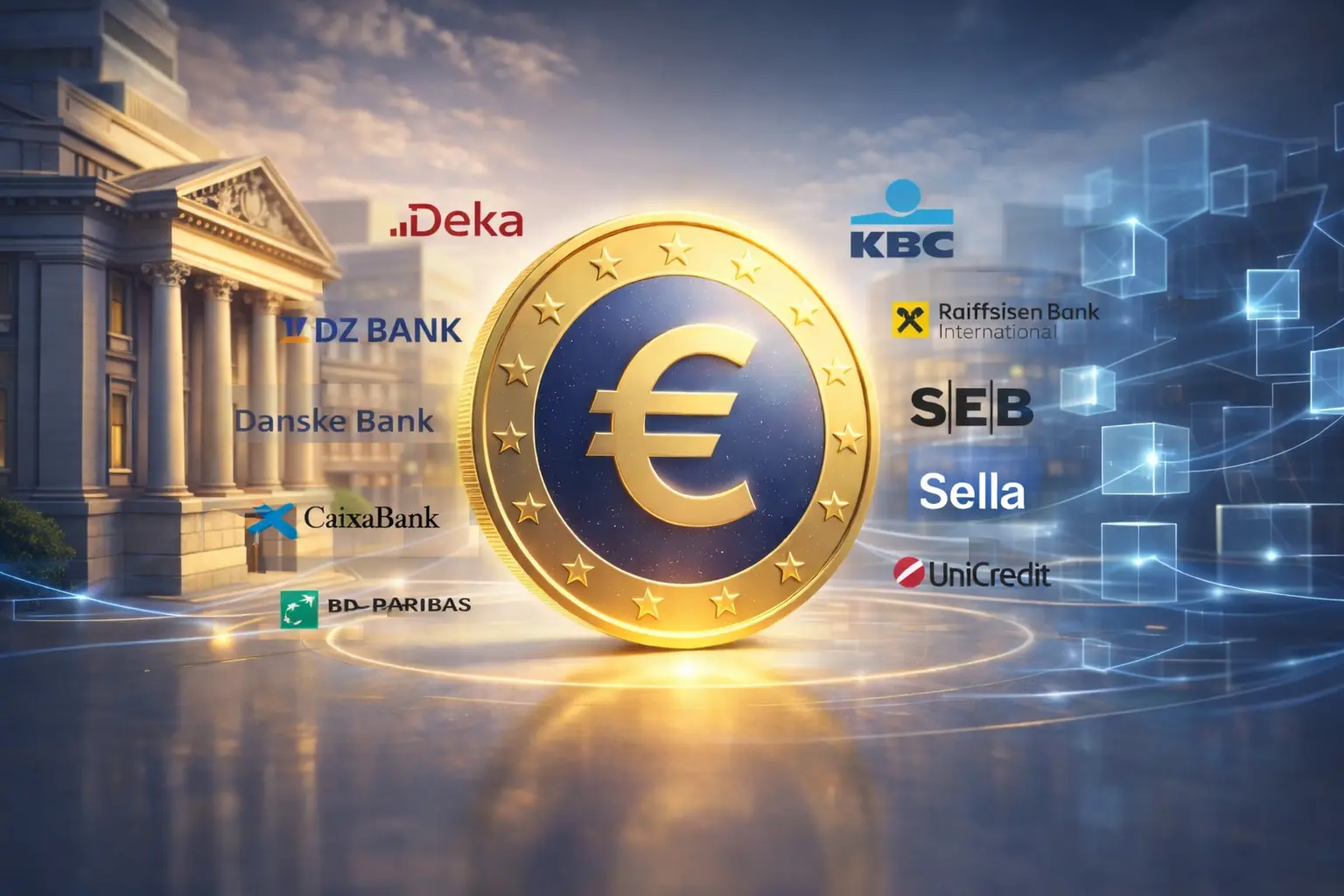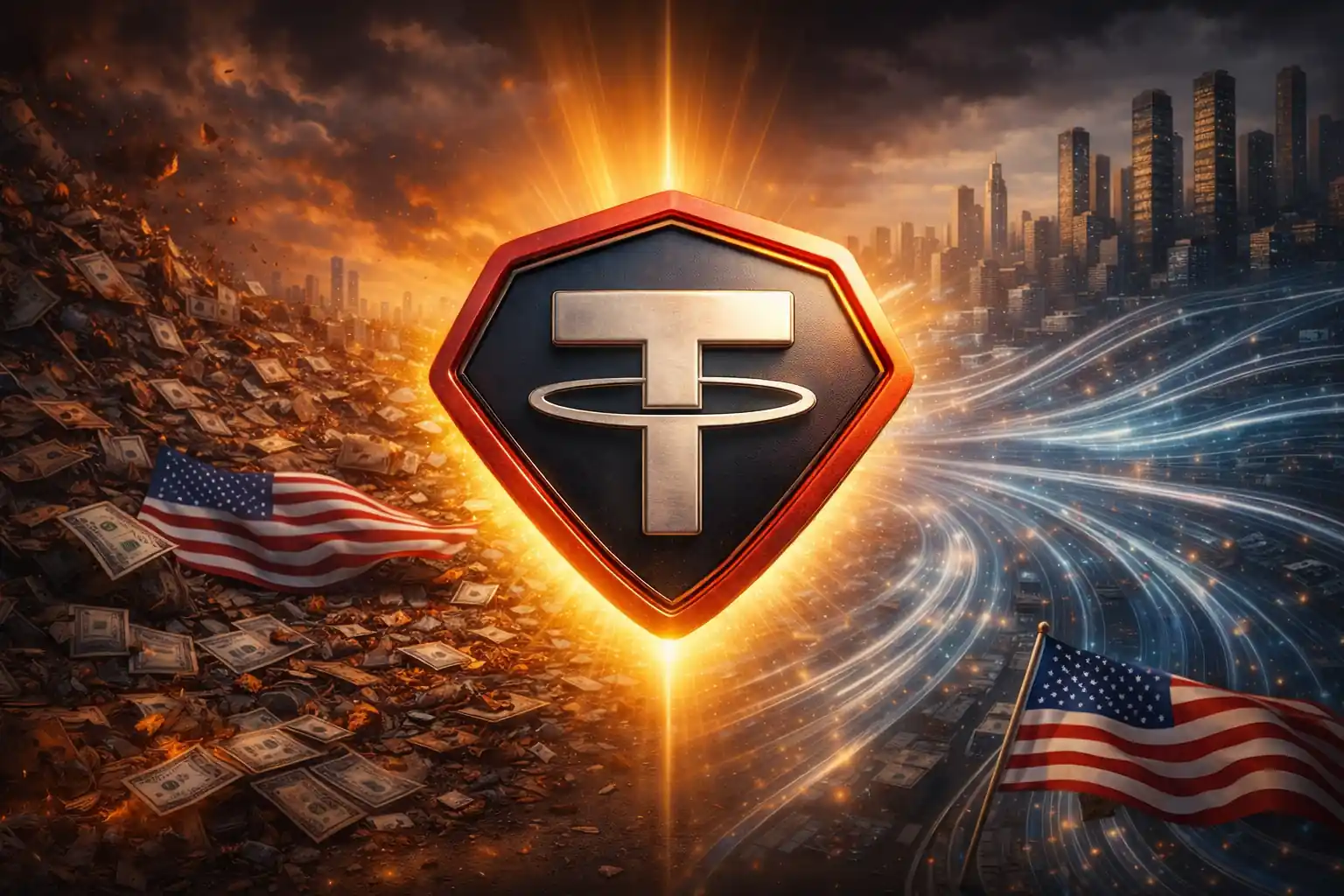The recent GENIUS bill on stablecoins in the US is just a disguised attempt to impose control over a digital currency central bank (CBDC) through privatised funds, according to Jean Rausis, co-founder of the decentralised trading platform Smardex.
Rausis said the US government will penalise stablecoin issuers who do not comply with the new regulatory framework, similar to the European Union's cryptocurrency markets (MiCA) rules.
"The government knows it has power over financial transactions if it owns stablecoins. Working with centralised issuers of stablecoins means they can freeze funds at any time - in practice, exactly what a CBDC would allow. So why create a CBDC?"
The CEO wondered.
The CEO added: "The result is the same when stablecoins are controlled by the government, with the illusion of decentralisation as a bonus."
Decentralised alternatives to centralised stablecoins, such as algorithmic stablecoins and synthetic dollars, will be a valuable bulwark against this progressive government control over cryptocurrencies, Rausis concluded.
The bill was revised on 13 March to include stricter requirements for anti-money laundering, reserves, liquidity and penalty controls.
These additional provisions could benefit US issuers of stablecoins over offshore competitors.
During the recent White House Cryptocurrency Summit, US Treasury Secretary Scott Bessent stated that the US will use stablecoins to secure the dollar's hegemony in payments and protect its role as a global reserve currency.
Central issuers of stablecoins rely on US bank deposits and short-term liquidity instruments, such as US government bonds, to secure the value of their digital tokens, thereby increasing demand for dollars and US government debt.
Collectively, stablecoin issuers hold over $120 billion in US debt, making them the 18th largest purchaser of US government debt globally.
GENIUS Act: Threat to Financial Freedom or Regulation Necessary?
The GENIUS bill has raised serious concerns in the crypto community, particularly over increased scrutiny of financial transactions. Smardex co-founder Jean Rausis believes the initiative is a sort of 'Trojan horse' to introduce a CBDC under the false premise of stablecoin regulation.
The increased oversight, including reserve requirements and sanctions monitoring, could give US stablecoin issuers a competitive advantage over foreign competitors, further strengthening the dollar's position in global markets.
Critics fear that cooperation between the government and centralised stablecoin issuers would allow them to freeze funds and control transactions, achieving the same goals as a CBDC.
Rausis emphasises that decentralised alternatives, such as algorithmic stablecoins, remain an essential tool for defending the freedom of financial transactions.
In the face of increasing government intervention, the future of the crypto industry will depend on protecting and developing decentralised solutions.








